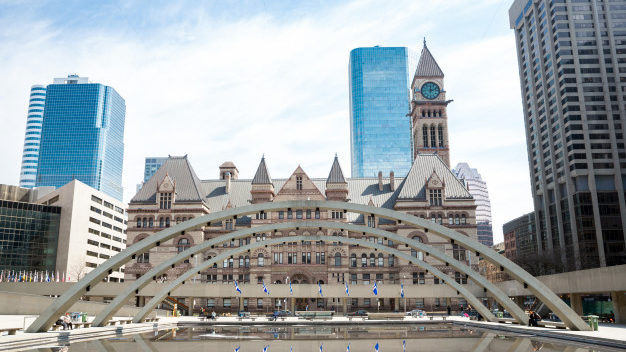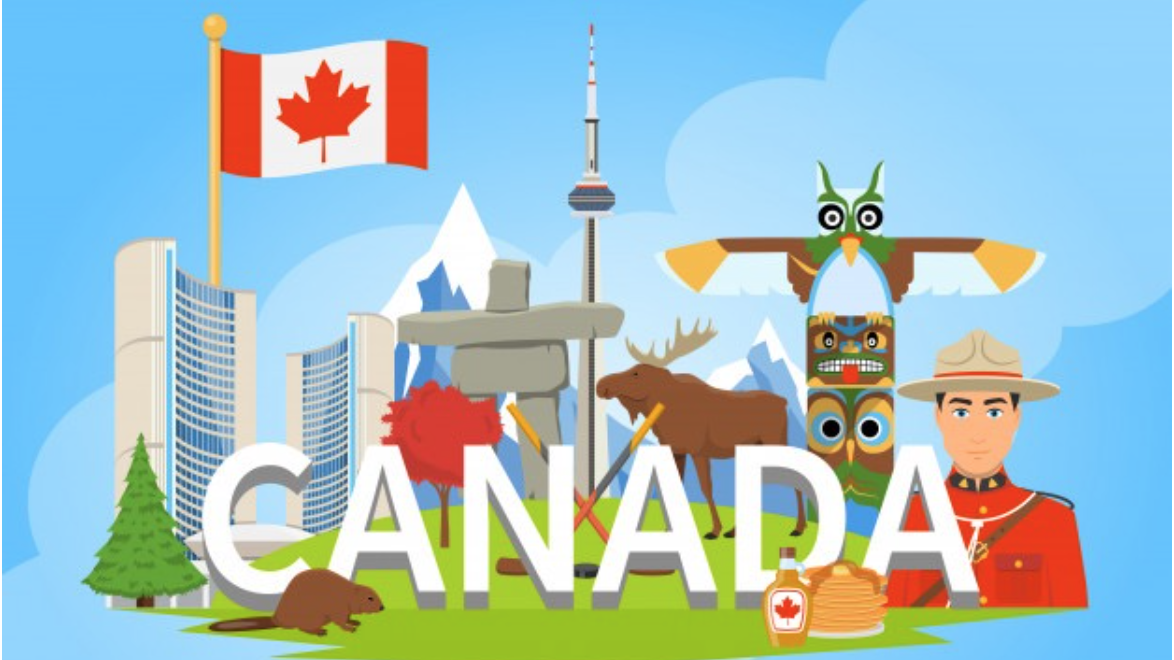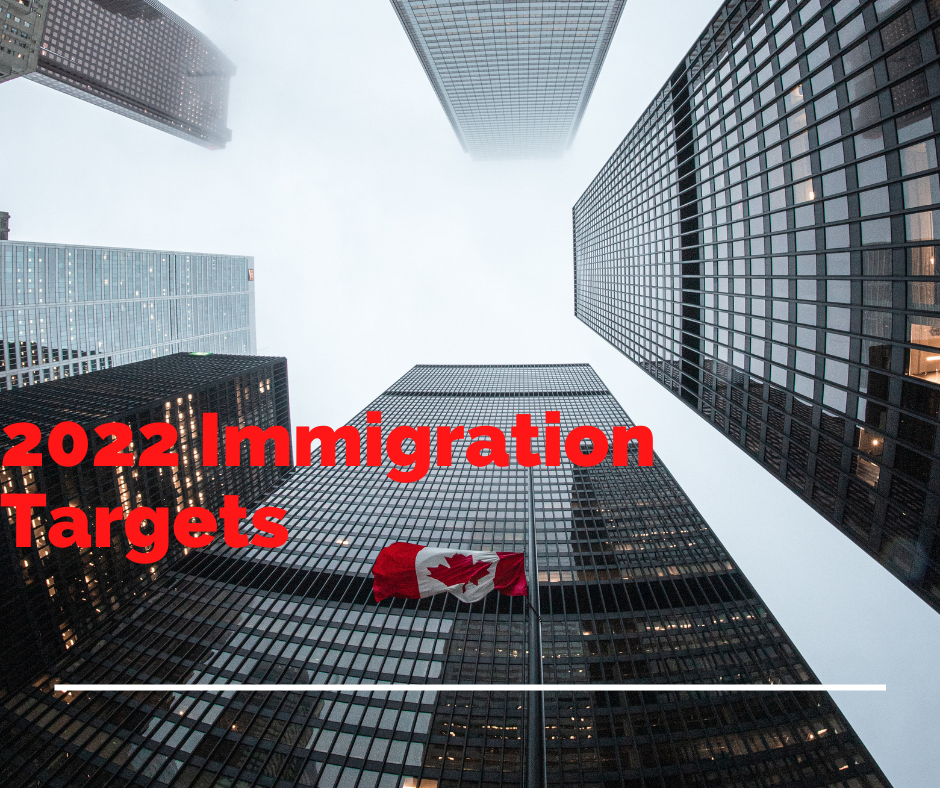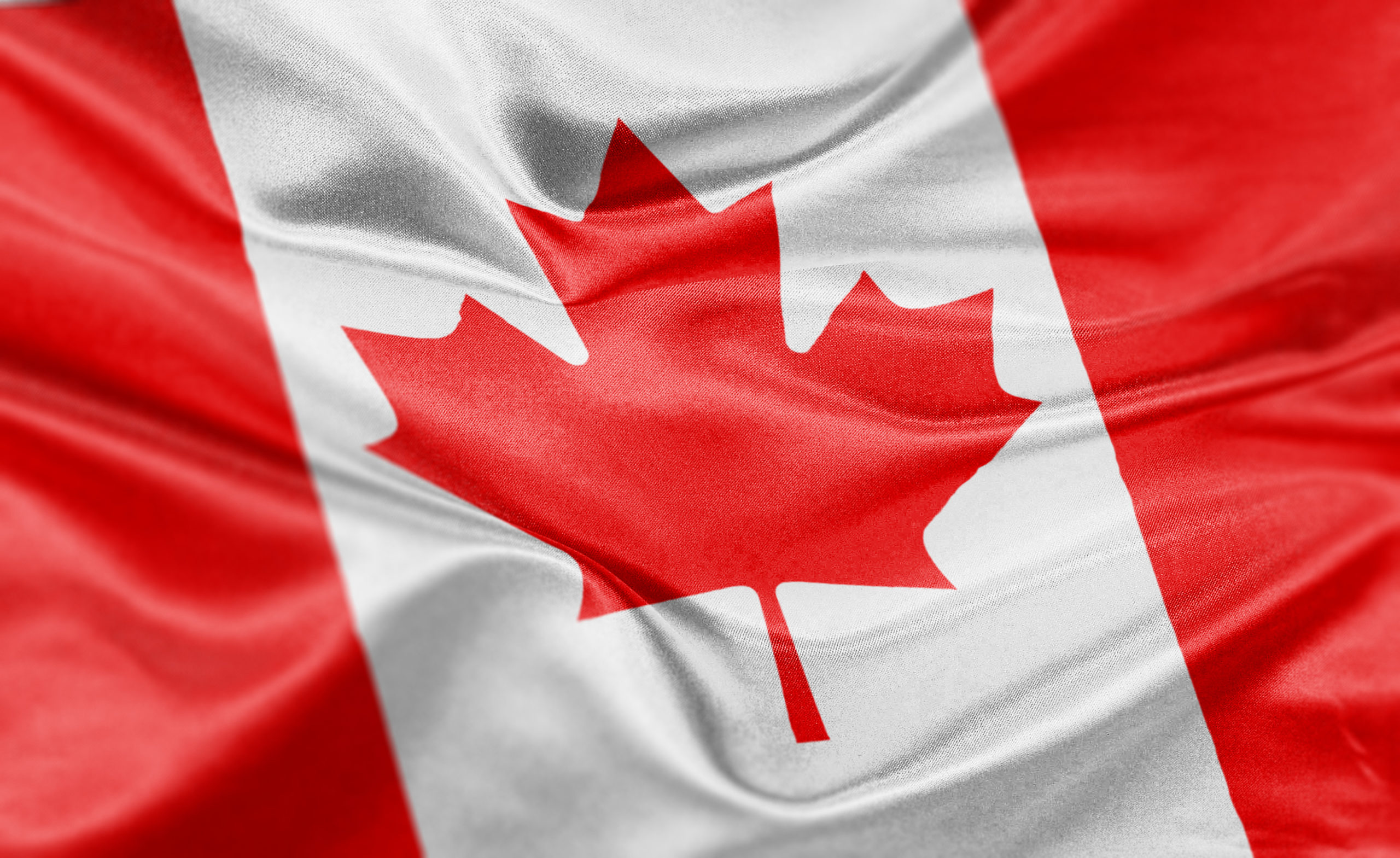
Canada Immigration Minister Advocates for Spreading the Positive Impacts of Immigration to Counteract Fear
Ahmed Hussen, the Canadian Immigration Minister, stressed the positive aspects and effects of immigration on the country and the economy while addressing international immigration experts at the annual International Metropolis Conference.
This year’s theme for the conference, which was “The Promise of Migration” is what Hussen calls “the kind of conversation we should be having”.
Over 1000 immigration officials and experts based internationally were in attendance.
Hussen spoke of his experience serving as Canada’s Immigration Minister, and how it has opened his eyes to the value of welcoming new citizens to the country, as well as Canada’s attitude towards immigrants. The country is generally known to be quite receptive and accommodating to immigrants, which Hussen believes has only served it well in terms of social and economic growth.
“In Canada, I always knew intellectually and from reading reports just how crucial the injection of new immigrants and workers is to our economy. But it wasn’t until I became a minister and I travelled from coast to coast in Canada that I realized just how severe those shortages were and how small and medium and large businesses relied on workers to grow their businesses and contribute to the local economy. They’re one of the biggest champions of increasing immigration numbers into Canada.” Hussen said to the audience.
He went on to say that putting emphasis on the good outcomes of immigration due to a recent growth in fear and anti-immigrant sentiments. Since the inauguration of current U.S. president Donald Trump, anti-immigrant and racially profiling propaganda has been on the rise.
Hussen says that promoting the positive impacts that immigrants have in the community and the nation is the best weapon to combat these fears.
“The best weapon against fear is facts; facts don’t lie and the numerous studies continue to show that migrants make an enormous contribution to our economies and our societies,” Hussen explained.
“Our job as stakeholders as government as all of you working in [the immigration] space, is to fight fear with facts, to push the reality, the positive impact of immigration on the local economy, the positive role that immigration can and does play in meeting demographic challenges, in filling unfilled jobs, in bringing much-needed skills to countries like Canada. We need to highlight that, we cannot take those facts for granted, that everybody understands them or is aware of them.”
Hussen himself originally came to Canada as a refugee from Somalia, and cited a recent study conducted by the United Nations which revealed that Canada had welcomed the most refugees in 2018 when asked what he is most proud of.
He felt that this shows that Canada is being recognized for its compassion towards fellow humans, and is seen as a place of hope and opportunity for those who are lost or without a place to call home.
“I’m proud that we have demonstrated to many other countries and politicians who have tried to use immigration as a tool to divide people, we have demonstrated through our government’s actions and through the leadership of Prime Minister Justin Trudeau’s government that you can be both strong and effective in protecting your country and the health and safety of your citizens while being compassionate and open to refugees. You don’t have to pick one or the other. You can do both, and we have demonstrated that.”
If you are interested in moving to Canada, please feel free to contact our professional Canada Immigration Consultants.


















